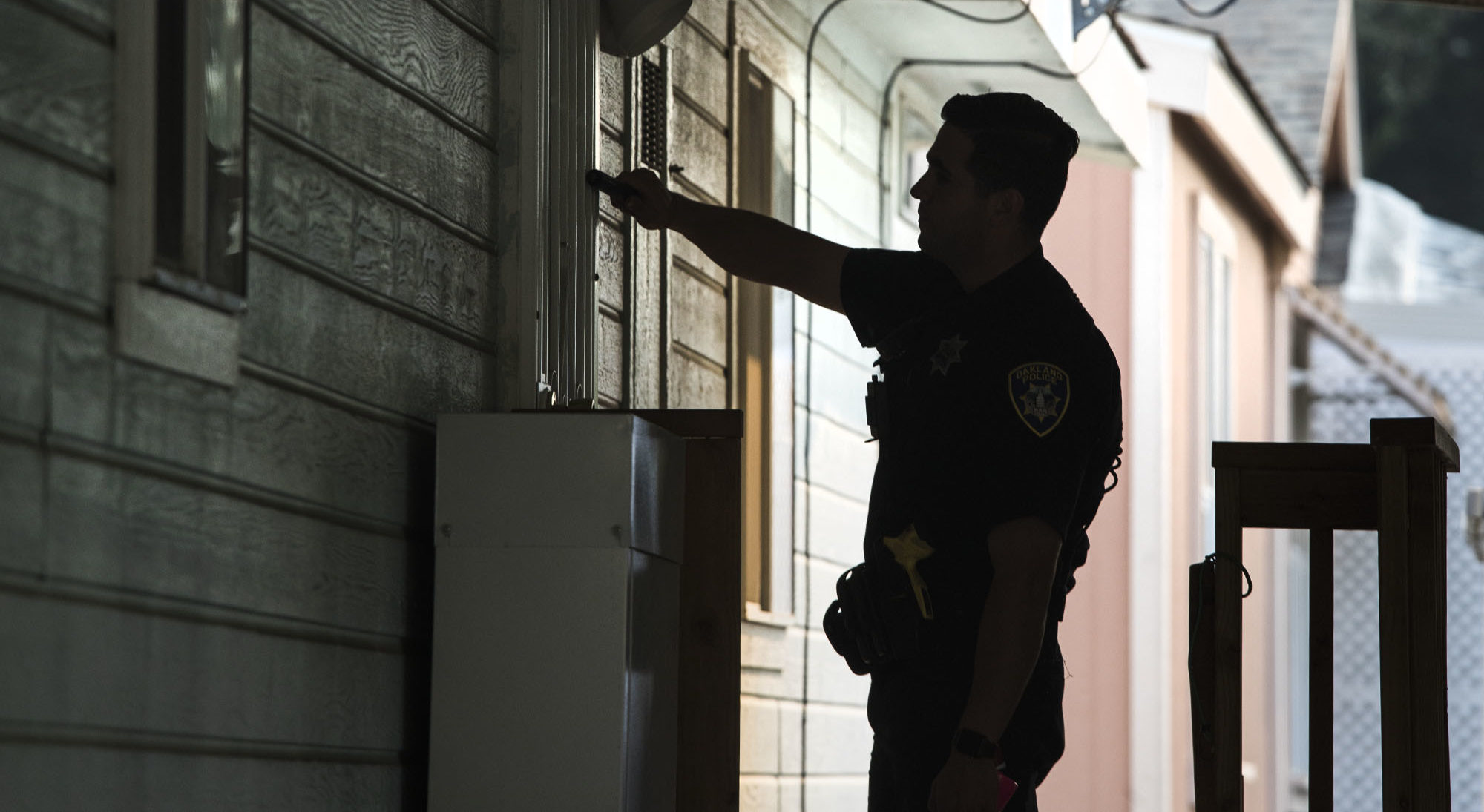Congressional leaders have agreed to set aside $25 million for gun violence research, according to House Democratic aides, marking the first time in more than two decades that federal taxpayer money has been pledged for that purpose.
The funding, part of a nearly $1.4 trillion bipartisan spending plan for 2020 agreed to on Monday, will be split evenly between the Centers for Disease Control and Prevention and the National Institutes of Health. Democrats had sought $50 million in funding and the lesser figure follows negotiations with the Republican-controlled Senate.
“This is very big news, and this is very good news,” said Mark Rosenberg, who helped pioneer CDC research on firearms violence in the 1980s and ‘90s only to be fired from the agency after drawing the ire of the gun lobby. “It marks the end of a disgraceful 20-year drought.”
U.S. Representative Rosa DeLauro, a Connecticut Democrat who fought to secure the funding, said in a statement that gun violence is a “public health emergency,” and the money will go toward helping “us better understand the correlation between domestic violence and gun violence, how Americans can more safely store guns, and how we can intervene to reduce suicide by firearms.”
While not the amount Democrats had originally sought, the allocation marks a critical departure from past practice that could lead to more research being funded, Rosenberg said.
“Is this enough? Absolutely not,” he said. “But is it a start? Yes.”
In 2017, gun-related injuries caused nearly 40,000 deaths in the United States, the most since at least 1968, according to CDC data. Despite its high human cost, gun violence has attracted significantly fewer research dollars than causes of death that claim a similar number of lives, like motor vehicle accidents.
In fact, among the top 30 causes of death for Americans, gun violence is the least studied, according to research published in the Journal of the American Medical Association.
In 1996, Republicans in Congress used a budget rider that came to be called the Dickey Amendment to ban federally funded research that would “advocate or promote gun control.” As a result, the study of gun violence largely came to a standstill at the CDC and other federal agencies because leaders feared the work could jeopardize their Congressional funding.
Congress last year clarified that the Dickey Amendment did not prohibit the CDC from researching gun violence.
Authors of a 2018 Rand Corporation study that stressed the need for additional research dollars urged Congress to “consider lifting current restrictions in appropriations legislation.” While the $25 million allocation for 2020 represents a breakthrough for supporters of gun violence research, the controversial Dickey Amendment language remains in place.
Representative Jay Dickey, a Republican from Arkansas who died in 2017, was behind the amendment. Dickey’s views on gun violence would evolve, and he came to express remorse. “I just regret it,” he told The Trace in 2015. “We could have been spending a little bit of money for a long period of time and we would have a solution.”

